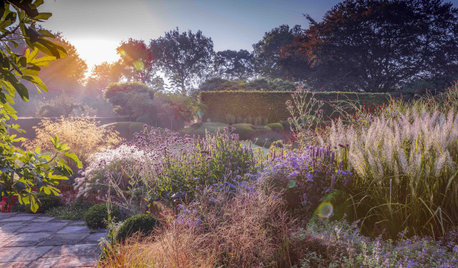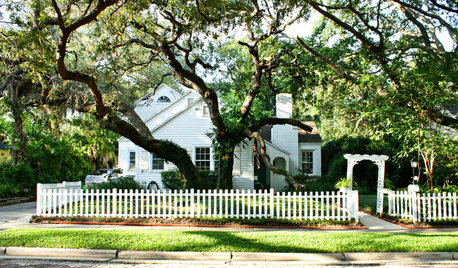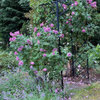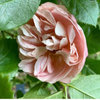Point me towards thorough pruning info, & troubleshooting?
Sphee
10 years ago
Related Stories

GARDENING GUIDESGot Frost-Damaged Plants? How It Happens, and When and How to Prune
Crispy brown leaves are a sure sign that Jack Frost has been to your neighborhood
Full Story
WINTER GARDENINGPruning Secrets for Exquisite Roses
Encourage gorgeous blooms year after year with this time-tested advice on how to prune your rosebush in winter for health and shape
Full Story
MODERN HOMESHouzz Tour: A Cubist Confection Oriented Toward Nature
Dramatic yet understated, a West Vancouver house defers to its woodland and ocean setting
Full Story
SELLING YOUR HOUSEThe Latest Info on Renovating Your Home to Sell
Pro advice about where to put your remodeling dollars for success in selling your home
Full Story
HOUSEPLANTS10 Top Plants to Grow Indoors
Brighten a room and clean the air with a houseplant that cascades artfully, stretches toward the ceiling or looks great on a wall
Full Story

HOUSEKEEPINGHow to Tackle Your Home To-Dos
Make quick work of minor repairs and replacements with this thorough, step-by-step approach
Full Story
TREESGreat Design Plant: Southern Live Oak Offers an Unbeatable Canopy
Keep it dense or prune it for more light. No matter how you grow Quercus virginiana, it’s a majestic addition to its native landscape
Full Story
WORKING WITH PROSWhat Do Landscape Architects Do?
There are many misconceptions about what landscape architects do. Learn what they bring to a project
Full Story
LIFE10 Ways to Keep Your Home Safe While You're Traveling
Set off on your trip with peace of mind, knowing you've taken the right steps toward keeping your home secure
Full StorySponsored
Custom Craftsmanship & Construction Solutions in Franklin County
More Discussions











strawchicago z5
diane_nj 6b/7a
Related Professionals
Derry Landscape Architects & Landscape Designers · New Bedford Landscape Architects & Landscape Designers · Maple Heights Landscape Architects & Landscape Designers · Alexandria Landscape Contractors · Anderson Landscape Contractors · Clearlake Landscape Contractors · Columbine Landscape Contractors · Deerfield Beach Landscape Contractors · Elkridge Landscape Contractors · Fairview Landscape Contractors · Fort Atkinson Landscape Contractors · Hampton Bays Landscape Contractors · Paterson Landscape Contractors · Saint Paul Landscape Contractors · Setauket-East Setauket Landscape Contractorsstrawchicago z5
seaweed0212
seaweed0212
strawchicago z5